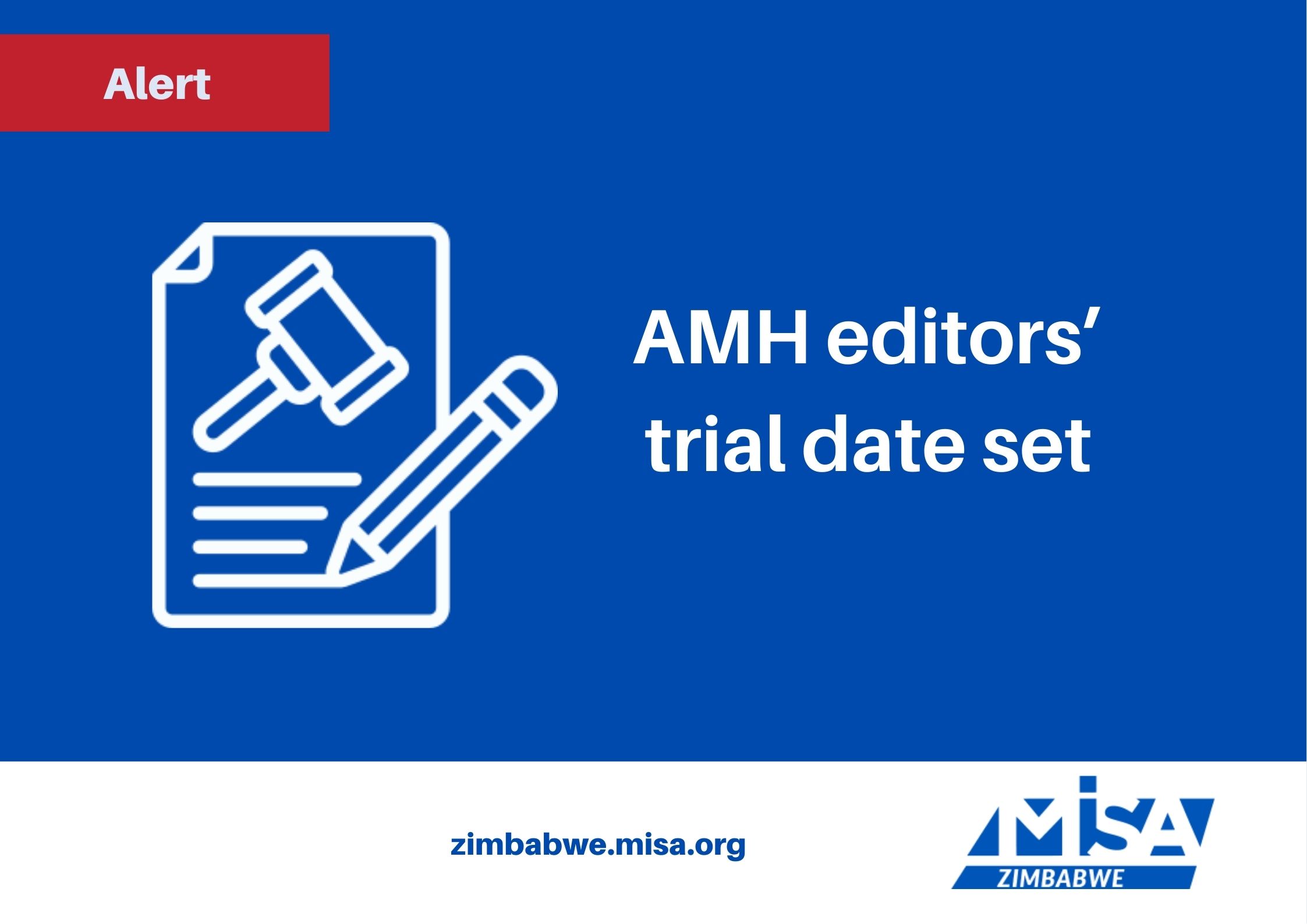The Media Institute of Southern Africa (MISA) has made submissions to the United Nations Special Rapporteur on the Independence of Judges and Lawyers, Professor Margaret Satterthwaite, contributing to the UN report, titled: Promises and Pitfalls of Artificial Intelligence for Justice Systems.
The submissions were made electronically on May 2, 2025.
In its submissions, MISA noted the need to appreciate AI’s dual impact. While AI can improve judicial efficiency, opaque algorithms risk entrenching bias, limiting fair trials, and restricting journalists’ ability to report on justice issues.
MISA further pleaded for the report to emphasise the imperative need for the strategic importance of a free press as an essential stakeholder in scrutinising judicial processes. AI’s influence on courts must not undermine transparency or public accountability.
The submissions highlight how the judicial service can easily become technology-centric and gravitate towards being a black box, ducking accountability from society by limiting media scrutiny through checks and balances.
“Without transparency, AI in the judiciary risks becoming a black box that undermines judicial independence and the media’s ability to hold power to account,” read the MISA submissions.
MISA pledged its readiness and ability to partner with the relevant bodies in developing guidelines or facilitating regional consultations on the subject.
Earlier, MISA Regional Director Dr. Tabani Moyo engaged Special Rapporteur Professor Satterthwaite on the subject during a virtual consultation meeting organised by the Africa Judges and Jurists Forum (AJJF).
Dr. Moyo emphasised the imperative need to facilitate processes for a competitive media that will engage the judicial services and articulate critical societal questions for the benefit of society at large.
He said AI adoption and deployment processes should be kept in check to ensure the heart and soul of journalism is preserved through the sacrosanctity of protecting media sources.
“Protect journalistic sources with strict limits on AI-driven surveillance in courts to prevent retaliation against whistleblowers,” said Dr Moyo.
The consultations discussed the potential and hazards of AI in the Justice System. Legal experts, judicial officials, and civil society actors discussed how AI technologies can change judicial processes, ethics, and access to justice.
The Special Rapporteur invited Member States, national human rights institutions, international and regional organisations, civil society, scholars, activists, and other interested parties, to submit written inputs for her next thematic report on artificial intelligence and judicial systems.
The report will be tabled at the 80th UNGA which will be held in the last quarter of this year. The call for submissions officially closed on May 2, 2025.
Worldwide, judicial systems are utilising AI for legal research, case summarisation and analysis, drafting opinions and judgements, informing decision-making, and delivering verdicts.
The research will discuss the benefits and drawbacks of AI for court systems, judges, and lawyers. The use of AI by lawyers and prosecutors will also be examined in relation to justice administration and access to justice.
MISA Regional Communique













